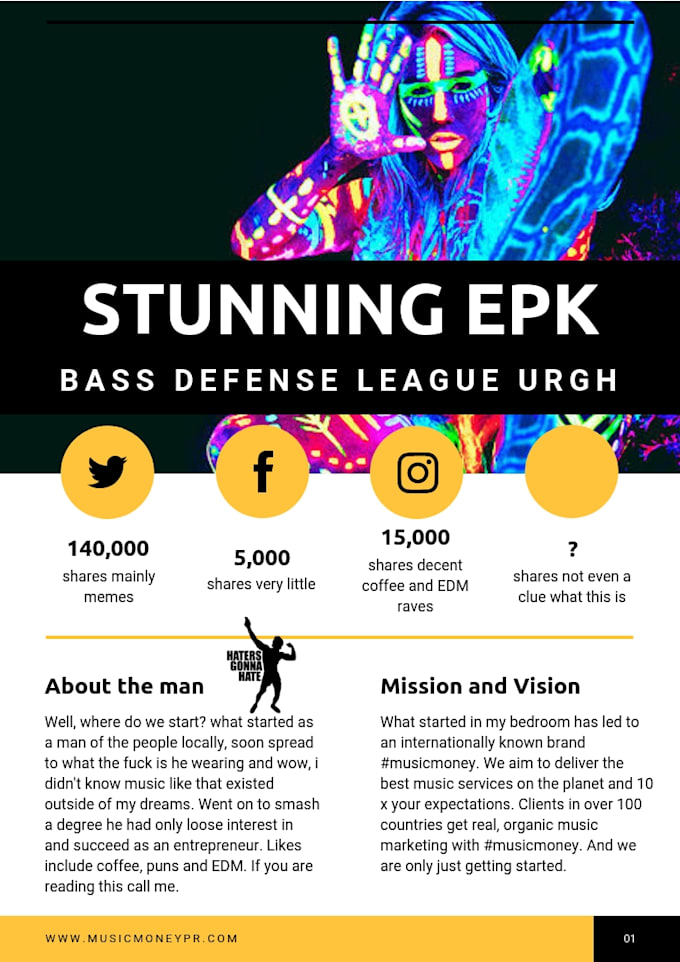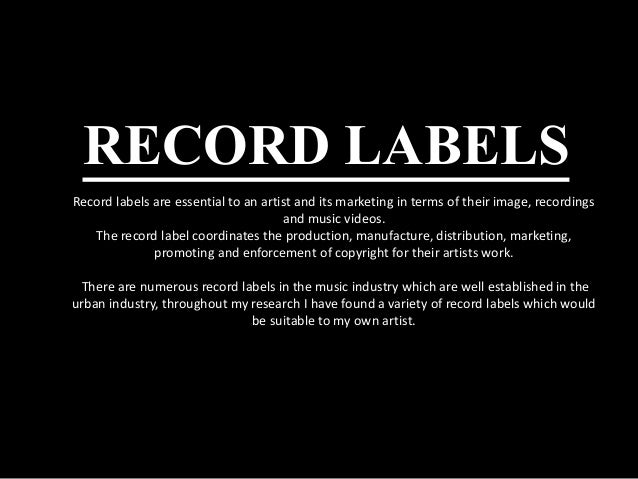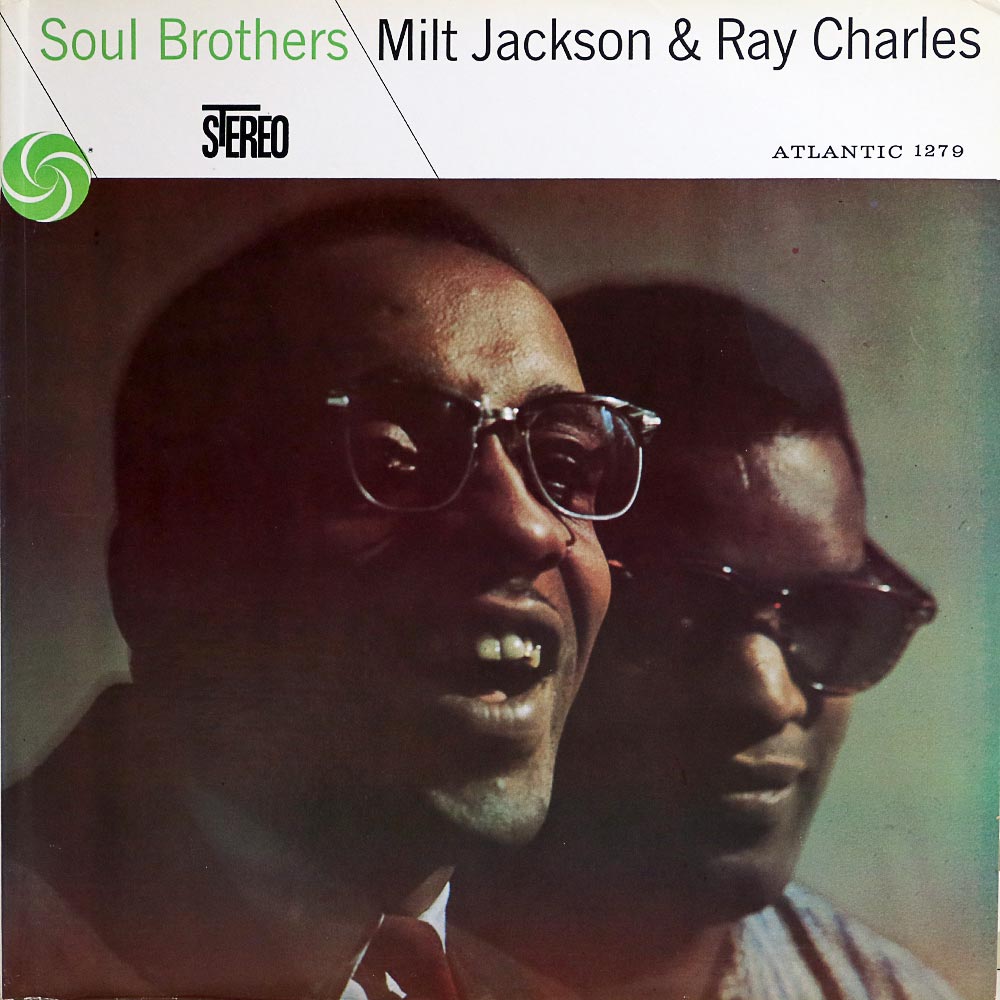38 do record labels own your music
The Record Label's Role in the Music Industry In the case of newly signed artists, record labels can control the type of music they record, which can include everything from the way the music sounds to the song lyrics. They also control album cover art in most instances. Depending on the contract structure, record labels also have the ability to set the amount of money their artists earn. What Is A Record Label In Music? - HighVolMusic Do Record Labels Own Your Music? Record labels essentially purchase the rights to an album from you, and then use the rights to create and distribute it. The companies will pay you a set fee and serve as your label - or even licence the territory they're in if their territory differs. What Does It Mean When A Record Label Owns Your Music?
How Independent Record Labels Make Money in 2022 - Ditto Music per play. BBC Radio 1 // £14.91 // £37.76. BBC Radio 2 // £21.77 // £82.07. BBC 6 Music // £4.55 // £8.06. BBC Introducing // £0.74 // £0.92. Performance royalties are an often untapped source of income for independent artists and record labels, so get your tracks registered with a PRO and don't miss out on the money that's rightfully ...

Do record labels own your music
Record Labels 101: What Do Record Labels Do? | Vortex Music Magazine Record labels can offer bands that knowledge." Labels not only understand how to properly release albums but also how to write bios, book tours, get press or radio airplay, build social media followings, plan photo and video shoots—or they have the connections to make these things happen. "Sure, you don't need a record label," Sabin says. The Ugly Truth About Record Labels: How They Kill ... - Cari Cole Music Co. The music you made that you love, is not yours. Nope. It's tied up in paperwork. It's owned by the company. You can't release it, you might not ever be able to release it. Imagine writing your best music ever and it's, well, holed up in a life sentence. What?? Or the fact that you have to pay the label $7 per record. That one killed me. The 3 Major Record Labels & Their Role in the Music Industry At its most basic, major record labels find Singers and musicians, sign them to exclusive contracts, and release the music they create in order to make both the company and the artists money. Of course, doing so successfully involves a lot of people with different jobs, and the largest firms can have thousands of employees worldwide.
Do record labels own your music. How Do Record Labels Work & How Do They Make Money? Record labels are a big part of the music industry. They are generally defined as the companies who produce and sell an artist's songs and music videos. ... Signing with a major label company basically means that they "own" you for a certain amount of time. Big labels might even strip you of your creative control over your brand, image, and ... Do You Need A Record Label? Can You You 'Make It' Without Getting Signed? That's part of the deal with record labels. They get your music and your brand. You get marketing, distribution, production, a salary and access to people and places which otherwise would have been extremely difficult to get (the specifics of what you get vary depending on which deal you sign). Everything You Need To Know About Record Labels Most importantly, a record label is an investment bank for musical artists. The label invests money into an artist, their recordings, style, video content, tour promotion and management, etc. and expect a return on those investment in the form of major profits from touring, merch, streaming, and sponsorship deals. Do The Artist Own The Music Or Does The Label? - HighVolMusic Do Record Labels Own Your Music? In an attempt to license their music, a record label essentially purchases the rights to an original record, then produces, promotes, and distributes it. They'll pay you a certain amount and act as your label when it comes to licensing an album - or the territory in which it is published.
Everything You Need to Know About Record Labels - Okayplayer In February, Meek Mill shared similar sentiments on ownership, tweeting, "All records labels should start letting artists have ownership or you will be viewed as a slave master! Make it even for... Do You Need A Record Label Anymore? - Music Industry How To They'll also make your personal workload lighter. If you're leveling out with the amount you can personally do to forward your music career, a record label could be useful. Regardless of whether or not you go the label route, one thing is for sure: Musicians, if you want to get big, you can't do everything on your own! - Tweet This. Do Record Labels Copyright Songs? - Home Music Producer Record labels are afforded this right with copyright which is very important because it gives them option to create derivative works from the original. For example, if a label feels the need that the artist should create alternative versions of a song say for for example, a remix. Having the copyright allows both the artists and the label to do so. Do music producers own record labels or studios? Or do they ... - Quora Do major record labels own their own recording studios? No, they do not. Not anymore. It doesn't make fiscal sense for them on a number of levels. Most major labels sold off their studios in the '90's because they realized they were worth more as condos or apartments.
How Do Record Labels Turn a Profit? | Recording Connection Record labels make money when their music is purchased or licensed for use. When an artist gets signed to a label they get money, called an 'advance,' to make a record. When the record is released, the label keeps all the money until they have recouped their expenses, which includes the advance, recording costs, promotion, and legal fees. Behind the music: What do record labels actually do? You'd be surprised For artists such as Sheeran and Banks, who have managed to gain a fanbase before being approached by labels, record deals tend to be much more advantageous than the old type of contracts. Some... What Does It Mean To Own Your Masters? - Amuse The Sound Recording = Master Rights. Owning your masters means you own the copyright to the original sound recordings of your music. The copyright of the Sound Recording is generally owned by the artist or record label that they are signed to. Whoever owns the master recordings will earn royalties when the song is played or reproduced ... Why do record labels still exist? - Music Fans Stack Exchange Record labels are basically your management staff and a bank. They pay advances, money to help you record your songs. They also help with publicity. There are hundreds of songs published everyday on SoundCloud and other sources that really, you'll get lost, you WON'T be exposed to millions.
Why Record Labels Still Matter or do they? | The Entertainment Engine Digital music distribution is not always straightforward or easy to wrap your head around. Record labels can advise artists on which platforms to distribute their music through and can get the...
What Do Record Labels Do? & How They Can Help You As A Musician - Music ... Record Labels Can Help With Music Distribution. Labels used to be in complete control of how music was spread. Since the internet, that is no longer the case. With that in mind, labels can help with both physical and digital distribution of your release to ensure maximum revenue and exposure. Now, digital distribution is easier than ever, and ...
Do record labels own your music? | Ghost Production | Your Music ... Record labels license your music. This essentially means they purchase the rights of the music from you. The record label takes care of distributing your music and promoting it. The record label will pay you your share of the generated revenue. Record Labels Earn Money With Music you Don't Want To Release? We Got You!

150 Best images about Musical - Record Labels on Pinterest | Vinyls, Vintage labels and Sleeve
5 Reasons You Should Never Sign A Major Label Record Deal 2. Getting Offered A Record Deal Is A "Catch 22". Unless you are able to build a sizable following all by yourself, a major record label probably won't be interested in signing you. If they do, your contract will be awful. Like, not-even-worth-a-meeting awful. Like, emailed-to-you-blank-without-a-conversation awful.
Why artists should retain ownership of their recordings One of the main problems with labels owning recordings is that once artists are no longer under contract, the label isn't obliged to do anything with them. The label may have been bought by...
Do You Need A Record Label Anymore? - Music Industry How To So unless you've already showed them you can sell good units and that there's a market for your music, chances are record labels won't offer you any deals. This is a good thing for you. Record labels, like any other company, are run by humans. Therefore, they're open to human error.
Recording Contracts Explained - Sound on Sound Firstly, even unreleased recordings remain the property of the label for the artist's entire career. And secondly, even once the artist has repaid all recording costs, the label will still own the masters. This was one of the reasons why Mick Hucknall decided to part company with Warner Music in early 2000, claiming that his deal was 'immoral'.
Do record labels own your music? - Gowanusballroom When a record label licenses your music, they essentially purchase the rights to an album from you - and manufacture, promote and distribute it. They'll pay you a set fee and act as your label for that album in the territory - or area that they licenced the album in. What percentage does a record label take? 80 percent

NAMM Show 2019 - Tommy Vext Interview and Bad Wolves Acoustic Set at Harman Pro Booth - Screamer ...
5 Things Record Labels Don't Want You to Know They Do 5 Demanding Payment Virtually Any Time Music Is Played in Public. Getty. Obviously, if you want to use somebody's music for commercial purposes, like in your movie or TV ad, you have to pay. So, you have to license it from a group like ASCAP, BMI, or SESAC, which makes sure record labels and artists collect the royalties they're owed for this ...
Do music artists and bands signed under record labels record ... Yes it is different. Owning the masters generally means owning the original recording and the tracks that make it up. In the old days, this was usually on a ...14 answers · Top answer: Once upon a time it was the record labels that owned many of the best studios, meaning ...
The 3 Major Record Labels & Their Role in the Music Industry At its most basic, major record labels find Singers and musicians, sign them to exclusive contracts, and release the music they create in order to make both the company and the artists money. Of course, doing so successfully involves a lot of people with different jobs, and the largest firms can have thousands of employees worldwide.
The Ugly Truth About Record Labels: How They Kill ... - Cari Cole Music Co. The music you made that you love, is not yours. Nope. It's tied up in paperwork. It's owned by the company. You can't release it, you might not ever be able to release it. Imagine writing your best music ever and it's, well, holed up in a life sentence. What?? Or the fact that you have to pay the label $7 per record. That one killed me.
Record Labels 101: What Do Record Labels Do? | Vortex Music Magazine Record labels can offer bands that knowledge." Labels not only understand how to properly release albums but also how to write bios, book tours, get press or radio airplay, build social media followings, plan photo and video shoots—or they have the connections to make these things happen. "Sure, you don't need a record label," Sabin says.












Post a Comment for "38 do record labels own your music"